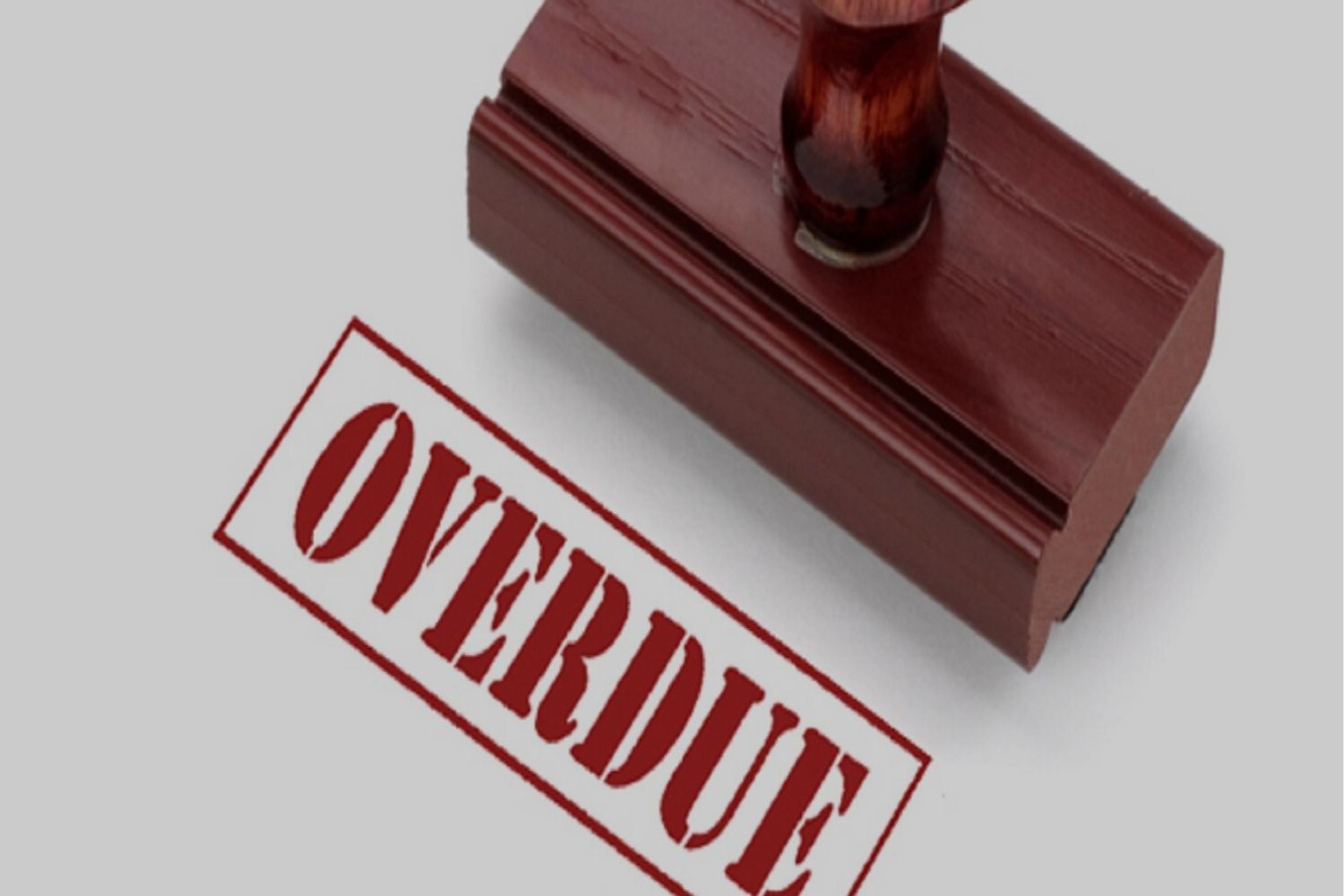
Ignoring a garnishee notice may prove a costly mistake
A garnishee notice is one of the many tax debt collection strategies used by the Australian Taxation Office (ATO). A garnishee notice is issued to a third party who either holds money for you (e.g your bank) or owes you money (e.g your debtors).
The notice requires the third party to pay ‘your money’ straight to the ATO to satisfy your tax debt, without consulting you. You should however receive a copy of the issued garnishee notice.
What should you do when you receive a garnishee notice?
Firstly, you should check which type of notice you have been issued and understand what it means. There are two different types of notices:
- Once off notice, often referred to as a ‘one hit garnishee’ or a ‘point in time garnishee’.
This type of notice requires the bank to pay a once off amount to the ATO out of the money it holds to your name. This is usually the lesser amount of the full tax debt or 30% of the balance in your account.
You will be able to identify a once off notice as it will usually include the following sentence: “Please note that this notice only seeks to operate with respect to available money now owed by you and will immediately thereafter cease to have any force”.
- Ongoing notice, often referred to as a ‘standard garnishee’.
This type of notice is issued when the debt owing is not repaid after the use of a once off notice. An ongoing notice requires the bank to pay to the ATO any money that it holds at the time of notice, up to a maximum which is usually the full amount of debt owing. If required to meet the full amount, it also requires the bank to pay any future money it receives from you (e.g deposits) to the ATO.
You will be able to identify an ongoing notice as it will usually include the following sentence: “If you do not owe the available money to the debtor but you will later owe it to the debtor, the payment to the Commissioner of Taxation is to be made immediately once the money becomes owing to the debtor”.
Secondly, you may consider opening a new bank account with a different bank. Whilst the ATO would likely discover this new account and issue another garnishee notice, it allows some flexibility to ensure you can continue to manage your day to day financial commitments such as paying your staff and suppliers, helping you keep your business in operation.
Thirdly, you may consider entering into a payment plan with the ATO. The type of payment plan you may enter into depends on a number of factors including your compliance history, the amount of debt owing, the amount you are able to pay and whether you can provide security to the ATO. The best thing to do when you receive a garnishee notice is to seek advice before the situation escalates. You should not ignore a garnishee notice and hope it goes away because even if the garnishee is initially ineffective, it can be a sign of things to come.

AFS can help with garnishee notices or implementing a payment plan with the ATO. For more details call Kane Rutledge, AFS Accountant on 03 5443 0344.



